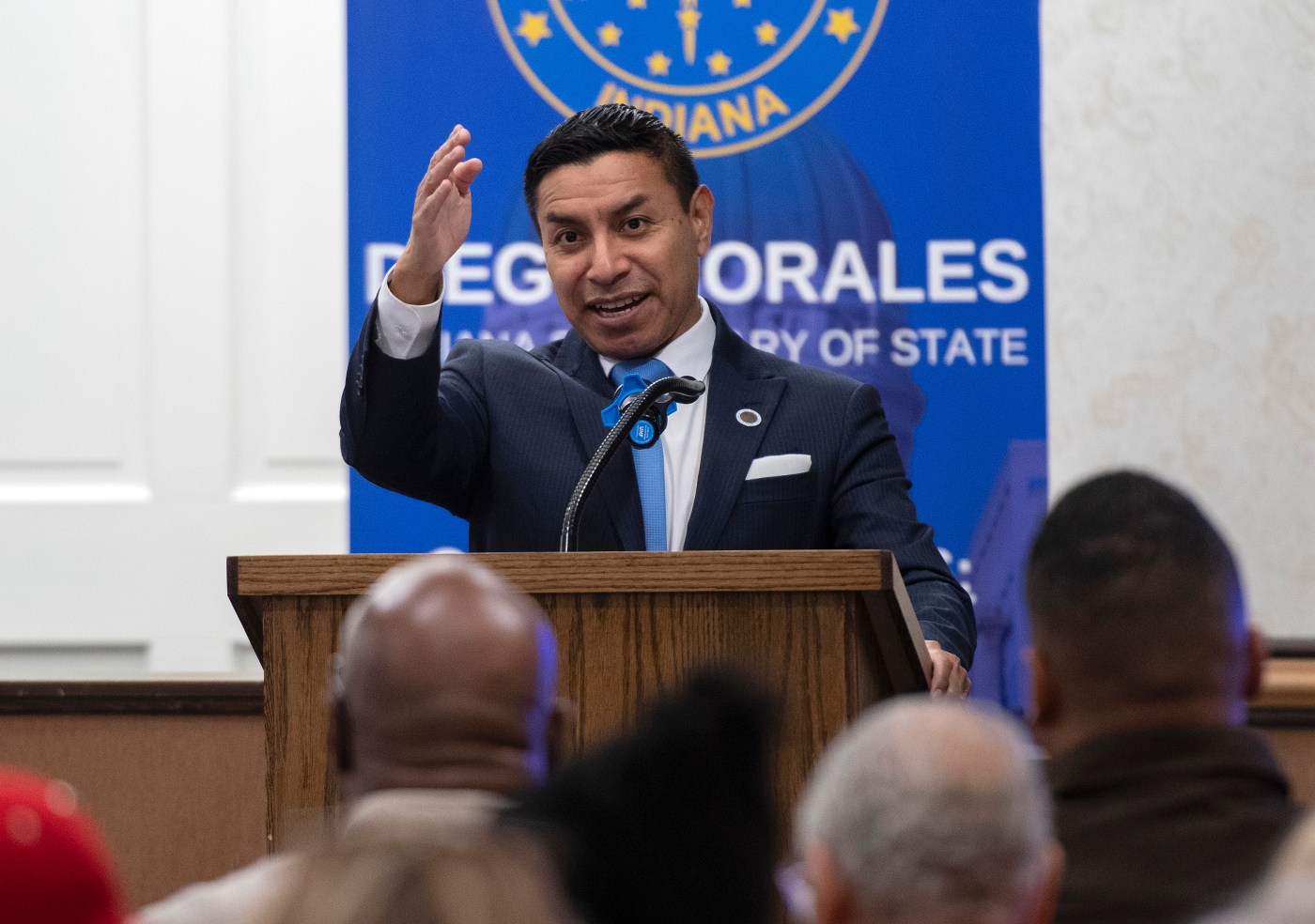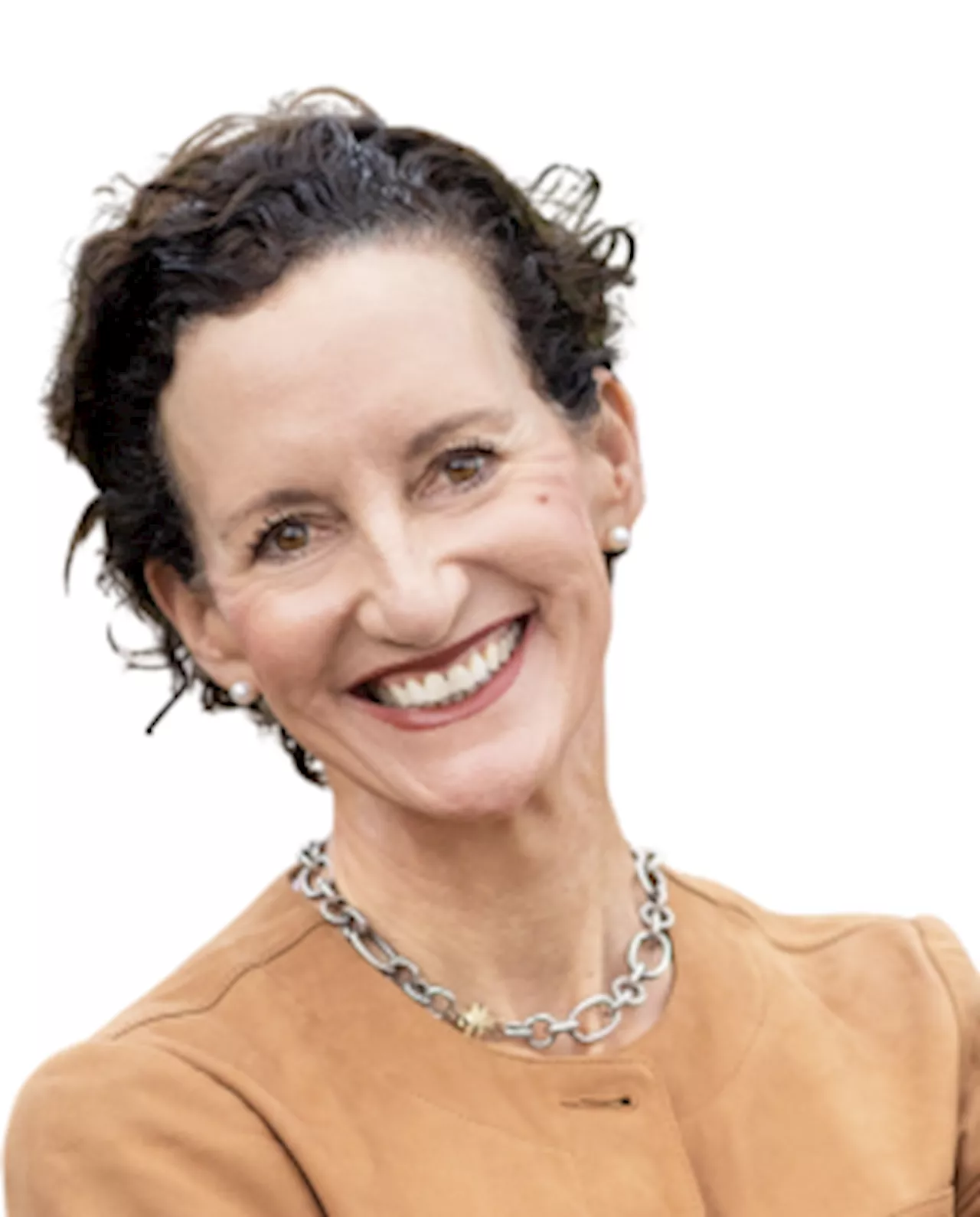Politics
Confusion at Polling Locations During Secretary of State’s Visit

On March 5, 2024, Indiana Secretary of State Diego Morales and his staff caused confusion at two polling locations in St. John during special elections. The confusion arose when election officials informed poll workers that no credential requests had been submitted, yet Morales’ team arrived with credentials to observe the voting process.
According to Michelle Fajman, director of the Lake County Board of Elections and Registration, there was no prior notification of Morales’ visit. “We had no knowledge that he was coming in, not that he had to tell us,” Fajman stated. She emphasized that the lack of information was not disrespectful to Morales, but rather a result of miscommunication.
The polling locations in question were Lake Central High School and the St. John Library, where two special elections were being held for school property tax measures. Both referenda received approval from voters in the districts of Lake Central School Corp. and Hanover Central Community Schools.
As Morales and his staff arrived, poll workers expressed uncertainty regarding their authority to enter the locations. Lindsey Eaton, a spokesperson for the Secretary of State’s Office, clarified that under state law, the Secretary of State has the right to enter any polling location without prior credentials. Eaton noted that Morales’ staff members were “properly credentialed deputies.”
Fajman received reports from poll workers at Lake Central High School about the arrival of four individuals, one of whom presented credentials on a mobile device. Despite this, there was initial confusion regarding their legitimacy. Jessica Messler, assistant director of the Lake County Board of Elections and Registration, confirmed that they were alerted about Morales’ presence at the St. John Library polling location and the questions regarding credentials.
To resolve the misunderstanding, Morales spoke directly with Messler, which helped clarify the situation. “It was a whole big misunderstanding, but the poll workers did the right thing,” Messler remarked. She added that once poll workers were informed about Morales’ authority, the election process proceeded smoothly.
Fajman commended the poll workers for ensuring the integrity of the voting process. “Our poll workers did everything they were told to do, and he was let in after his identity was confirmed,” she explained. The diligence shown by poll workers to verify Morales’ identity was essential in maintaining security at the polling locations.
In light of the incident, Fajman and Messler requested that the Secretary of State’s Office provide a picture of the deputies’ credentials for inclusion in future training sessions. Eaton indicated that Morales wished to avoid causing any disruption and expressed gratitude to the poll workers before departing.
“Poll workers are not expected to be election law experts,” Eaton noted. She reiterated that while the Secretary of State holds the authority to observe the election process, the office respects the valid concerns raised by poll workers and aims to ensure a smooth voting experience.
This incident highlights the importance of clear communication and preparation among election officials, particularly during crucial voting periods. As the elections concluded successfully, the focus now shifts to refining procedures to prevent future misunderstandings.
-

 Top Stories1 month ago
Top Stories1 month agoRachel Campos-Duffy Exits FOX Noticias; Andrea Linares Steps In
-

 Top Stories1 week ago
Top Stories1 week agoPiper Rockelle Shatters Record with $2.3M First Day on OnlyFans
-

 Top Stories6 days ago
Top Stories6 days agoMeta’s 2026 AI Policy Sparks Outrage Over Privacy Concerns
-

 Sports5 days ago
Sports5 days agoLeon Goretzka Considers Barcelona Move as Transfer Window Approaches
-

 Top Stories1 week ago
Top Stories1 week agoUrgent Update: Denver Fire Forces Mass Evacuations, 100+ Firefighters Battling Blaze
-

 Top Stories1 week ago
Top Stories1 week agoOnlyFans Creator Lily Phillips Reconnects with Faith in Rebaptism
-

 Top Stories5 days ago
Top Stories5 days agoWarnock Joins Buddhist Monks on Urgent 2,300-Mile Peace Walk
-

 Entertainment6 days ago
Entertainment6 days agoTom Brady Signals Disinterest in Alix Earle Over Privacy Concerns
-

 Top Stories1 week ago
Top Stories1 week agoOregon Pilot and Three Niece Die in Arizona Helicopter Crash
-

 Top Stories4 days ago
Top Stories4 days agoCBS Officially Renames Yellowstone Spin-off to Marshals
-

 Health2 months ago
Health2 months agoTerry Bradshaw Updates Fans on Health After Absence from FOX NFL Sunday
-

 Sports4 days ago
Sports4 days agoSouth Carolina Faces Arkansas in Key Women’s Basketball Clash



